IBSAL is constituted as a space for biomedical research, oriented to basic, clinical, epidemiological and health services research, in which biosanitary research is integrated and coordinated.

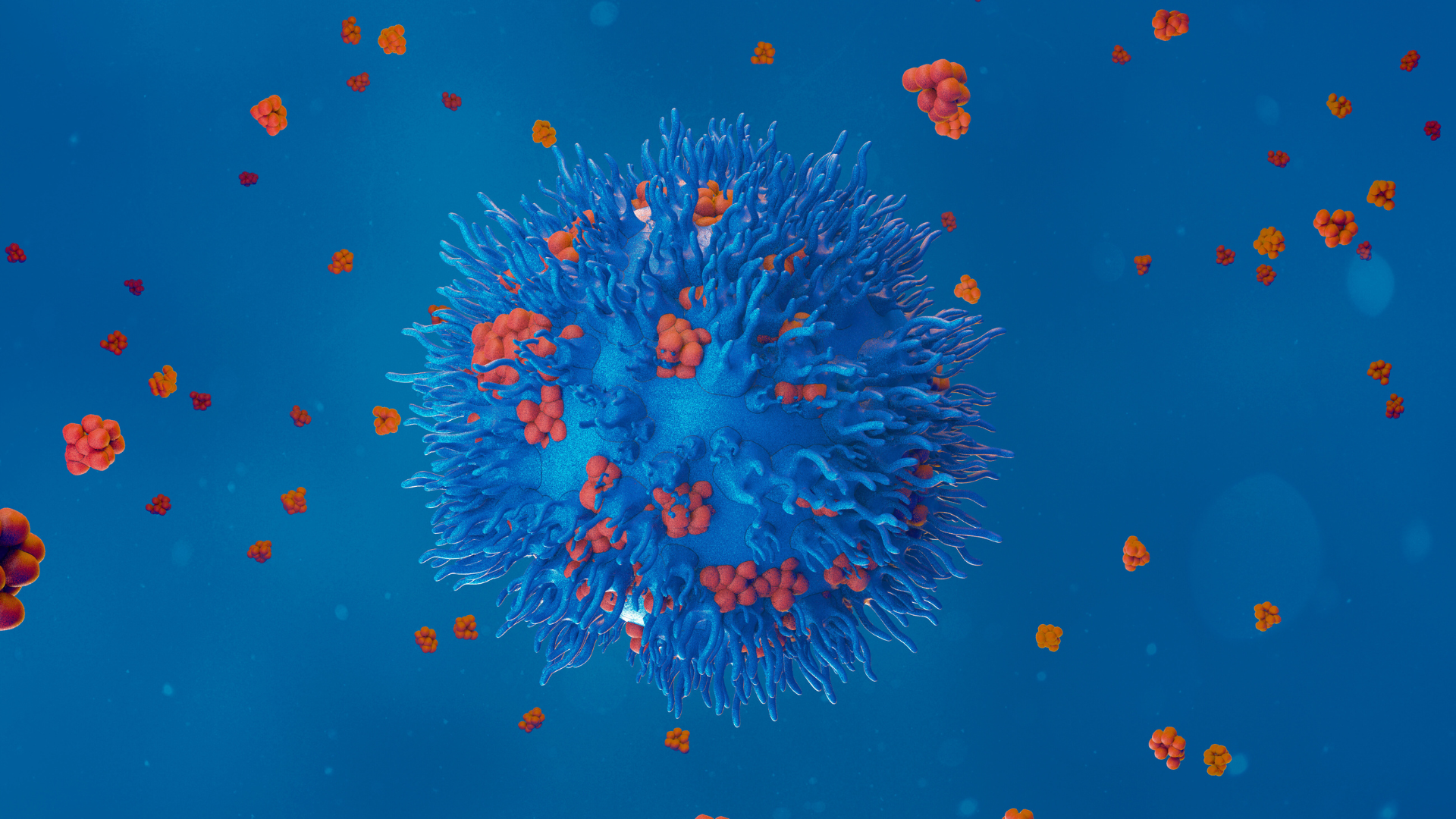

It studies how tumors and their biological processes work, developing new therapies and technologies to improve the diagnosis, prognosis and treatment of patients.
It studies the heart, kidneys and vascular system, developing technologies such as medical devices, imaging systems, biomarkers and artificial intelligence techniques to improve the diagnosis and treatment of cardiovascular diseases.
It studies the brain and nervous system, ranging from molecular to clinical neurobiology, with a focus on problems such as pain, ischemia, Alzheimer's disease and psychiatric disorders, developing new treatments and advanced therapies.
It studies how the immune system relates to infections, musculoskeletal and bone diseases, driving collaborative projects and developing new therapies for serious conditions such as sepsis and SARS-CoV-2 pneumonia.
It studies the development of advanced stem cell-based treatments and regenerative therapies, working in clinical trials and addressing inflammatory diseases, bone marrow transplantation and regeneration of tissues such as skin, sight and smell.
It studies the impact of lifestyles and aging on health, developing bioinformatics tools, therapies for vascular lesions, and strategies to improve physical, mental and digital health in older people.
Discover our job vacancies and become part of IBSAL.
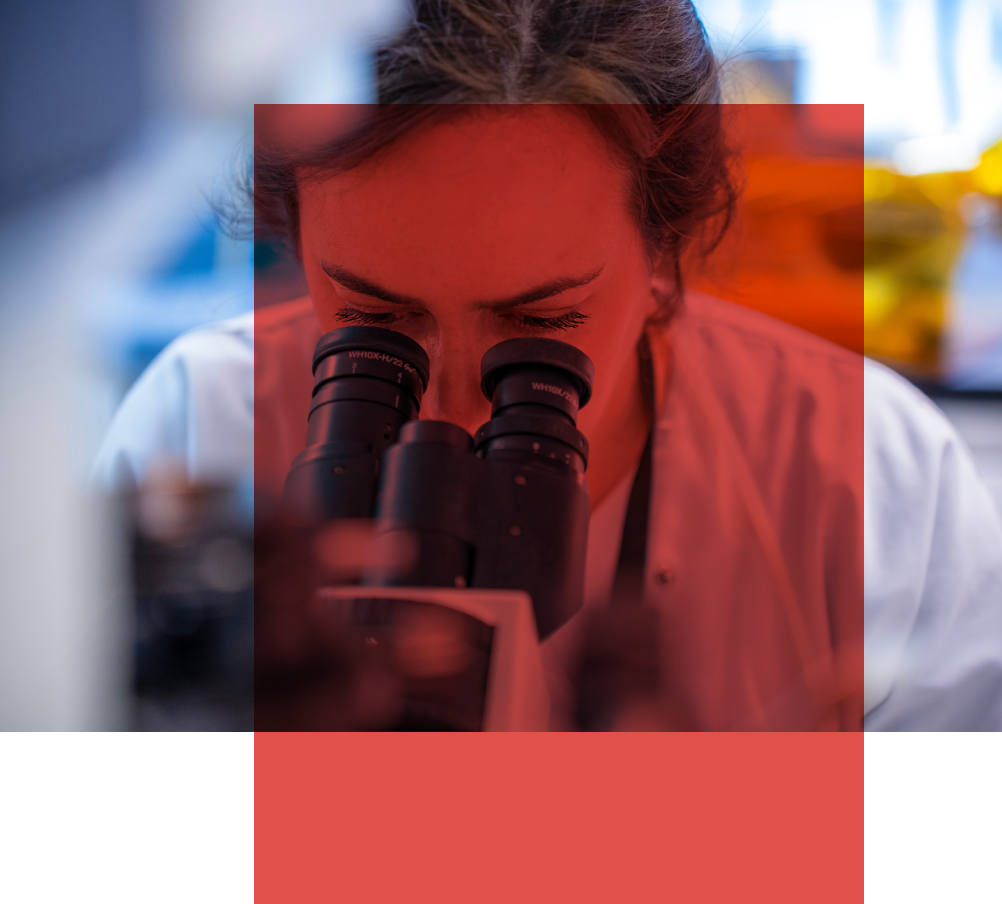
Explore our innovative initiatives and discover how we are driving the future of scientific research.
IBSAL is committed to the development and professional growth of our research staff, boosting their potential to the maximum. Discover the wide variety of training courses we offer throughout the year.
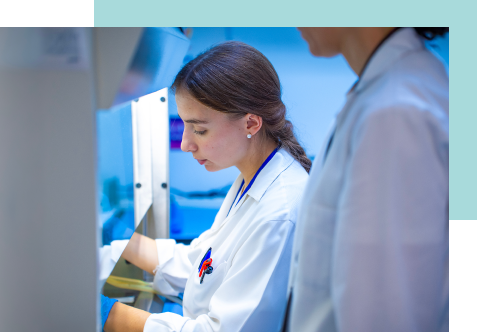
Subscribe to our newsletter to stay up to date.
IBSAL is one of the 35 Biomedical Research Institutes accredited by the Instituto de Salud Carlos III and the only one of its kind in Castilla y León. Order of February 17, 2014, of the Secretary of State for Research, Development and Innovation.
IBSAL. All rights reserved © 2025 Diwar Marketing